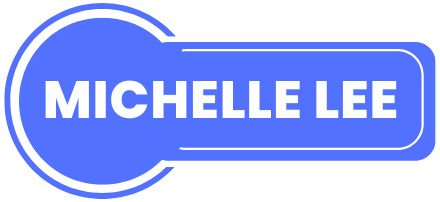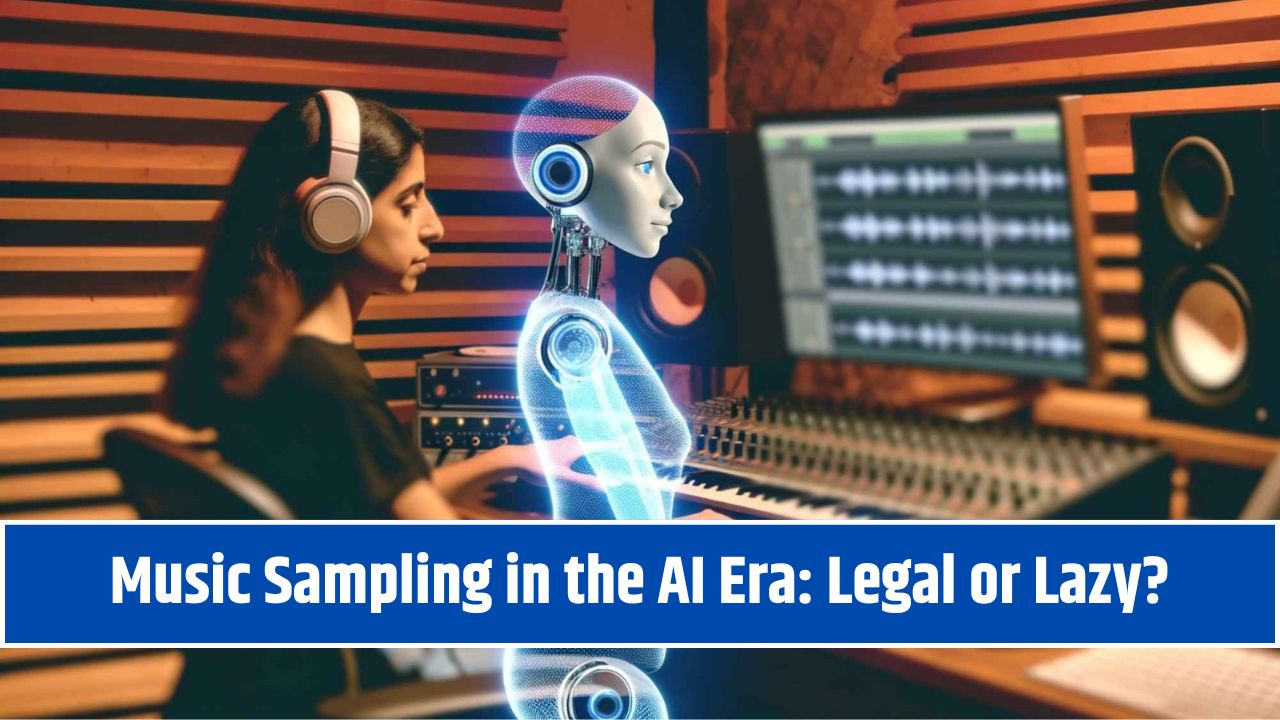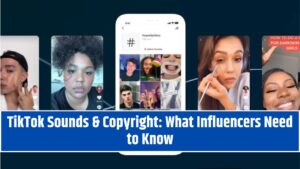Let’s start with a banger of a question:
Is music sampling today genius art… or just intellectual theft with a better plugin?
You hear it all the time — a familiar melody in a new track, a viral TikTok sound pulled from a 90s R&B chorus, or a remix that slaps so hard it makes the original feel like a demo.
And now? We’ve added a wild new twist to the remix game:
Artificial Intelligence.
We’re officially living in an age where AI can isolate, copy, morph, and regenerate any sound ever recorded. Entire albums are being made by people who never touch an instrument — just prompts, samples, and algorithms.
So where does creativity end and copying begin?
Let’s break this down — not just from the legal angle, but from the ethics, the artistry, and the “wait, did that AI just recreate a Kanye track with Freddie Mercury’s voice?” kind of madness.
First, What Is Sampling (Again)?
Sampling is the act of reusing a portion of a sound recording — maybe a beat, a vocal snippet, a melody — in a new composition.
Think:
- Kanye sampling Chaka Khan in “Through the Wire”
- Daft Punk flipping Edwin Birdsong’s “Cola Bottle Baby”
- Vanilla Ice “borrowing” Queen and Bowie’s bassline (yes, that case)
Originally born from hip-hop and electronic scenes, sampling was rebellion — flipping the old into something new.
But then came copyright lawyers, labels, lawsuits, and massive clearance fees.
Now? AI’s thrown nitro on the fire.
How AI Changed the Game
AI tools can now:
- Separate vocals and instruments from any track in seconds
- Clone artists’ voices to sing lyrics they never wrote
- Generate beats that “feel” like Kanye, Drake, or Erykah Badu
- Learn your sample preferences and create “original” music inspired by existing songs
You no longer need crates of vinyl or hours of manual chopping. AI is the ultimate digger, remixer, and mimic.
Some creators call it evolution. Others call it theft with extra steps.
But Is It Legal?
Here’s the messy truth: it depends.
There are two types of copyrights involved in sampling:
- Composition rights (the melody, lyrics, music theory part)
- Sound recording rights (the actual recorded performance)
In the old-school world:
- If you sample without permission, even a few seconds, you risk legal action.
- If your work is “transformative enough,” you might claim fair use… but good luck proving it in court.
With AI sampling, it gets murkier:
- If AI recreates a sample — without copying the original audio — is that still infringement?
- If an AI-generated voice “sounds like Rihanna,” but it’s not her, is it still hers?
Courts are still figuring this out.
Some labels are suing. Some are embracing it. And most artists? They’re watching nervously, wondering if their voice is now just data for someone else’s hit.
Real Talk: Lazy or Legit?
Let’s cut through the legal noise for a sec and talk creativity.
Is AI sampling lazy?
Sometimes, yes.
If you’re just throwing a Marvin Gaye vocal into an AI stem splitter, adding trap drums, and calling it “original” — that’s not artistry. That’s remixing without a soul.
But there’s another side:
When done well, sampling is storytelling. It’s cultural memory. It’s sonic collage.
And AI can become a powerful tool — like the MPC or the turntable once were — to explore new sounds, pay homage, or challenge the norm.
It all comes down to intent and execution.
Great AI Sampling Projects (That Aren’t Lazy)
- Holly Herndon – “Spawn”
She created an AI version of her own voice to collaborate with. It’s not just cloning — it’s co-creation. - Lost Tapes of the 27 Club (Over the Bridge)
AI reimagined music in the styles of artists who died at 27 (Kurt Cobain, Amy Winehouse). It sparked a conversation about mental health in the industry. - Grimes’ “Elf.Tech” Project
Grimes literally invited fans to clone her voice using AI — and share royalties from the music they make. Iconic or insane? You decide.
These aren’t about shortcutting. They’re about experimenting, collaborating, and pushing boundaries — all the things that real music has always done.
The Ethical Remix: 3 Questions to Ask Before You Sample with AI
1. Are you honoring or hijacking?
Does your sample reference with respect or just ride the clout?
2. Are you adding or just echoing?
Is the new work transformative — emotionally, musically, thematically?
3. Would you be cool with someone doing this to your work?
Put yourself on the other side. Would it feel like flattery… or theft?
If you can answer these with integrity — you’re probably on the right side of the remix.
What Artists Are Saying
- DJ Shadow: “Sampling is about connection. It’s about recognizing what came before and building on it.”
- Questlove: “Sampling is composition.”
- Ice Cube: “If you flip a sample creatively, it becomes something new. But if you just copy — you’re faking the funk.”
And honestly? That last part cuts deep in the AI era.
Because faking the funk has never been cool. Not in 1988. Not in 2025.
The Future of Sampling: What Could (Should?) Happen
- AI-Generated Royalty Splits: Artists whose work inspires AI creations get a piece of the pie, automatically.
- Verified AI Tools for Creators: Platforms that allow legal, ethical use of samples with built-in credits and clearances.
- Creative Commons for AI Music: Some artists want to be sampled. Let’s make it easier for them to share intentionally.
- Digital Watermarks: Tech that can track AI use of vocal models or melodies to ensure accountability.
Sound futuristic? It’s already starting.
Final Take: Sampling Isn’t the Problem. Intention Is.
Sampling, whether human-made or AI-assisted, can be lazy — or legendary.
It can be stealing, or it can be storytelling.
And the tool — AI, sampler, stem splitter, or synth — doesn’t define the art. The artist does.
So if you’re gonna sample, do it with heart. Do it with respect. Do it because it says something new — not just because it’s easy.
Because lazy music fades.
But real, intentional art?
That hits forever.




